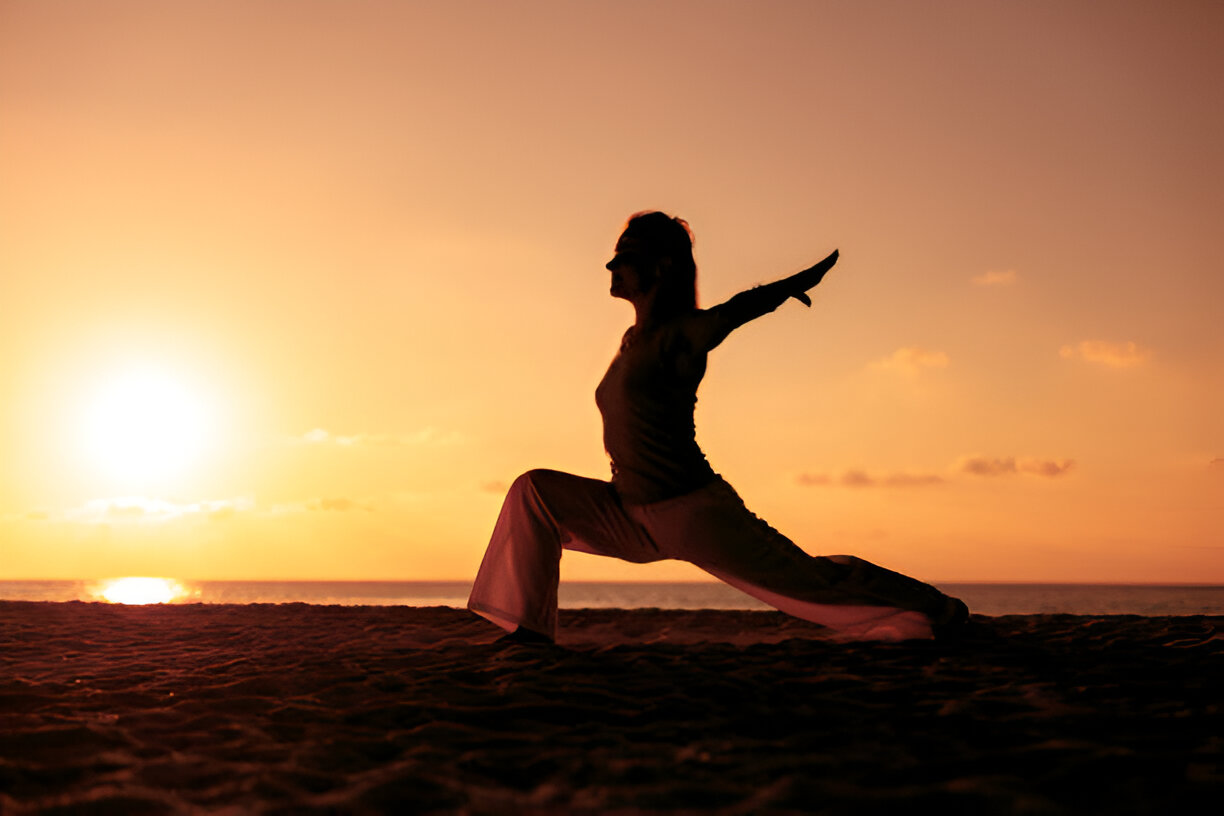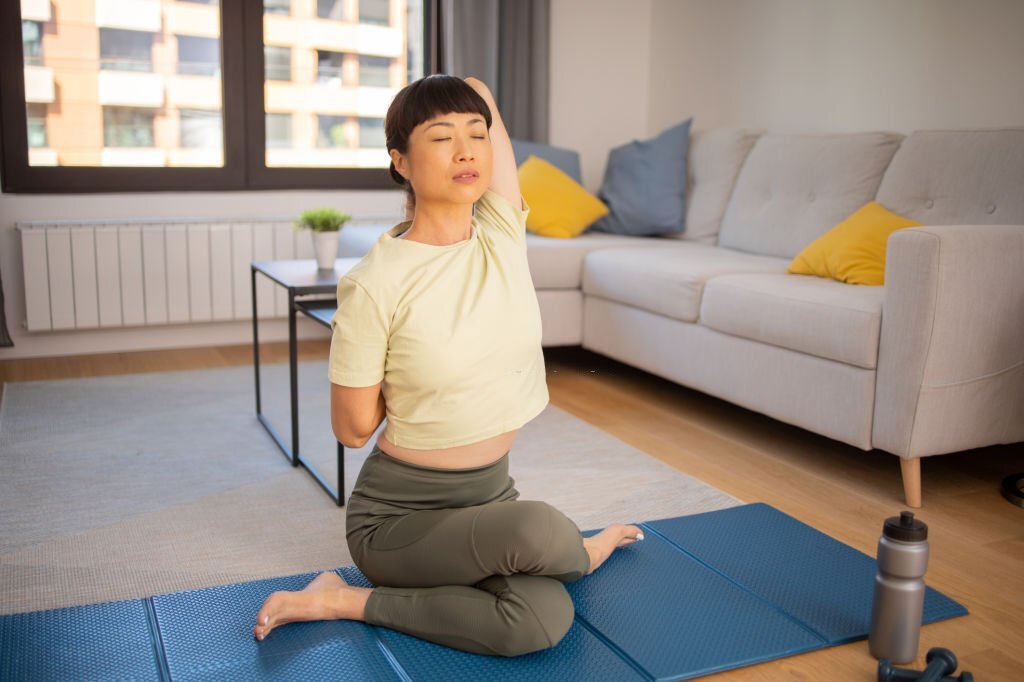Yoga is a transformative practice that enhances physical health, mental well-being, and spiritual growth. Whether you are seeking flexibility, stress relief, or deeper self-awareness, starting your yoga journey is a rewarding experience. This guide will help you understand the fundamentals of yoga, how to begin, and how to sustain a consistent practice.
Understanding Yoga: More Than Just Poses
Yoga is not just about physical postures (asanas) but also incorporates breathwork (pranayama), meditation, and mindfulness. It is a holistic discipline that improves both body and mind.
Benefits of Yoga
- Improves flexibility and strength
- Enhances mental clarity and focus
- Reduces stress and anxiety
- Boosts overall physical health
- Encourages self-awareness and mindfulness
Step 1: Define Your Yoga Goals
Before you start, it is essential to identify your goals. Ask yourself:
- Are you practicing yoga for fitness or relaxation?
- Do you want to improve flexibility or strength?
- Are you looking for spiritual growth or stress relief?
Having a clear purpose will help you choose the right yoga style and stay motivated.

Step 2: Choose the Right Yoga Style
There are various styles of yoga, each catering to different needs:
- Hatha Yoga – Ideal for beginners, focuses on basic postures and breathing techniques.
- Vinyasa Yoga – A dynamic style that links movement with breath.
- Ashtanga Yoga – A more structured, physically demanding practice.
- Yin Yoga – A slow-paced practice focusing on deep stretching and relaxation.
- Restorative Yoga – Helps with relaxation and stress reduction.
- Kundalini Yoga – Combines breathwork, chanting, and meditation.
Step 3: Find the Right Class or Teacher
You can start your yoga journey by:
- Attending local yoga classes at a studio or gym.
- Taking online classes through platforms like YouTube or yoga apps.
- Joining a yoga retreat for an immersive experience.
- Hiring a private instructor for personalized guidance.
Step 4: Get the Right Yoga Gear
While yoga requires minimal equipment, having the right gear can enhance your experience:
- Yoga Mat: Choose a non-slip, comfortable mat.
- Comfortable Clothing: Wear breathable, stretchable clothes.
- Props: Blocks, straps, and bolsters can support your practice.
- Water Bottle: Stay hydrated before and after practice.
Step 5: Start with Basic Poses
As a beginner, focus on foundational yoga poses to build strength and flexibility:
- Mountain Pose (Tadasana) – Improves posture and balance.
- Downward Dog (Adho Mukha Svanasana) – Strengthens the upper body and stretches the hamstrings.
- Child’s Pose (Balasana) – A relaxing pose that relieves stress.
- Warrior I & II (Virabhadrasana I & II) – Builds strength and focus.
- Seated Forward Bend (Paschimottanasana) – Enhances flexibility and calms the mind.
Step 6: Develop a Consistent Routine
Consistency is key to experiencing the full benefits of yoga. Try to:
- Practice daily, even if it’s just for 10–15 minutes.
- Set a specific time for your sessions.
- Create a dedicated yoga space at home.
- Use guided sessions to stay motivated.
Step 7: Incorporate Breathwork and Meditation
Yoga is more than physical postures. Practicing pranayama (breath control) and meditation can deepen your practice:
- Box Breathing – Enhances focus and reduces stress.
- Alternate Nostril Breathing – Balances the nervous system.
- Mindfulness Meditation – Increases self-awareness.
Step 8: Listen to Your Body and Avoid Injuries
- Never force yourself into a pose.
- Modify postures when necessary.
- Rest when needed.
- Stay hydrated and maintain proper nutrition.
Step 9: Stay Inspired and Keep Learning
- Read books on yoga philosophy (The Yoga Sutras of Patanjali).
- Follow yoga instructors on social media.
- Join a yoga community for support.
- Attend workshops or retreats for deeper learning.
Final Thoughts
Starting your yoga journey is a personal and transformative experience. By setting clear goals, practicing consistently, and incorporating mindfulness, you can unlock the full potential of yoga. Remember, yoga is not about perfection but progress, self-discovery, and inner peace.

